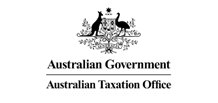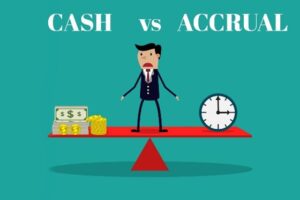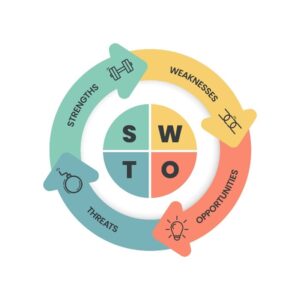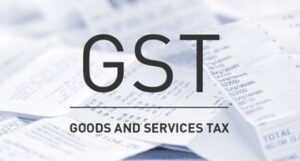When a business is registered for GST, then as part of the ATO compliance, you are required to complete activity statements. This can be a complex and time-consuming process and it is best to leave it to a professional BAS or Tax Agent to navigate this landscape.
Both the IAS and BAS are activity statements. The main difference is that there is no GST calculation in an IAS (Instalment Activity Statement).
An IAS is lodged monthly by entities where the entity needs to report the reportable salary and wages and the PAYG withholding on those salaries and wages.
A BAS (Business Activity Statement) has all of the IAS component plus additional areas which need to be reported such as the GST collected and paid for purchases, sales and PAYG Tax instalments.

How often do you need to report?
If you are an entity that is required to report the IAS, then this needs to be lodged monthly.
BAS’ are generally lodged quarterly but certain business need to report monthly while others report annually.
- Quarterly BAS Lodgers: You report the BAS quarterly if your GST turnover is less than $20 million or if you have been informed by the ATO to report monthly.
- Monthly BAS Lodgers: If your GST turnover is $20 million or more, then you are required to report your BAS monthly.
- Annual BAS Lodgers: If your GST turnover is less than $75,000 and you voluntarily registered for GST, then you can report your BAS annually. If you are a not-for-profit body, the GST threshold increases to $150,000.

When is the BAS due?
Quarterly BAS
| Quarter | Due Date |
| July, August, September | 28th October |
| October, November, December | 28th February |
| January, February, March | 28th April |
| April May, June | 28th July |
If you use a registered BAS or Tax Agent to prepare and lodge your quarterly activity statement, the dates can differ.

Cash or Accrual… which option is best??
It really depends on the operations of the business. Let’s look at the difference between the two:
- Cash Basis: If you report the BAS on a cash basis, then you will report the GST when you physically receive or make payments for an invoice. That is, it concentrates on the physical cash movement.
- Accrual Basis: Reporting the BAS on an accrual basis is quite different to the ‘Cash Basis’. The GST is reported when the invoice is processed and not when it is paid.
Opting for the wrong option would impact your cash flow significantly in which businesses may find themselves in cash flow stress and / or going to lenders and incurring unnecessary interest costs.

CASH VS ACCRUAL EXAMPLE
Through the use of a sales and purchase invoice, one can demonstrate which option would be best for businesses:
- You process a sales invoice to a customer on the 30th March for $110,000 (GST included is $10,000). The customer has trading terms of 30 days, which means that the payment will be received in 30 days time on the 30th Under the accrual basis, you will need to report the GST in March and pay the ATO the $10,000 in the March BAS but under the cash basis, you will report the GST based on when you received the money. Therefore, it will be included in the June BAS. Based on the above, the Cash Basis would provide a better solution from a cash flow perspective
- On the contrary you made a purchase on the 30th March of $55,000 (GST included is $5,000). You have trading terms of 30 days which means that you made the payment on the 30th Based on the Accrual Method, you can claim the GST of $5,000 in the March BAS as this is when the invoice was raised but on a cash basis you would include this in the June BAS as the physical payment was made in April. Therefore, in this scenario, the accrual basis would be much more beneficial from a cash flow perspective.
Using the wrong option could be a costly error as it will cause added strain on your cash flow.
But there is always a way to fix it. A business can transition from one GST method to the other. Although it may be complex, I would always recommend using a professional if transitioning as the chances of error is high and it may cost you more than you are saving.
HOW CAN WE HELP?
If you require any assistance with your IAS, BAS, cash flow management or other finance related matters, feel free to contact our team of experts or submit and online enquiry form to ‘Growth Pathways’




